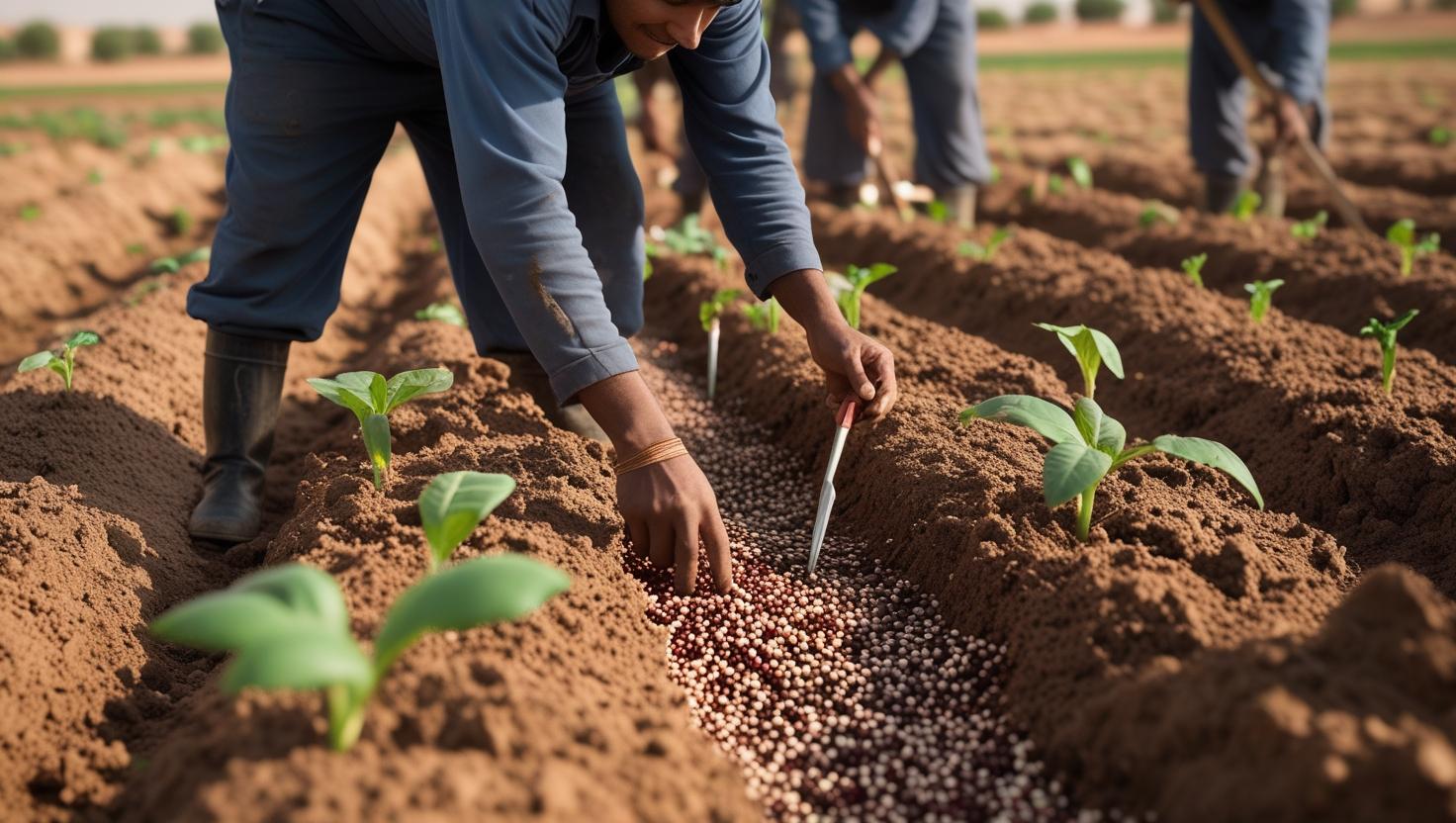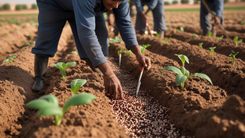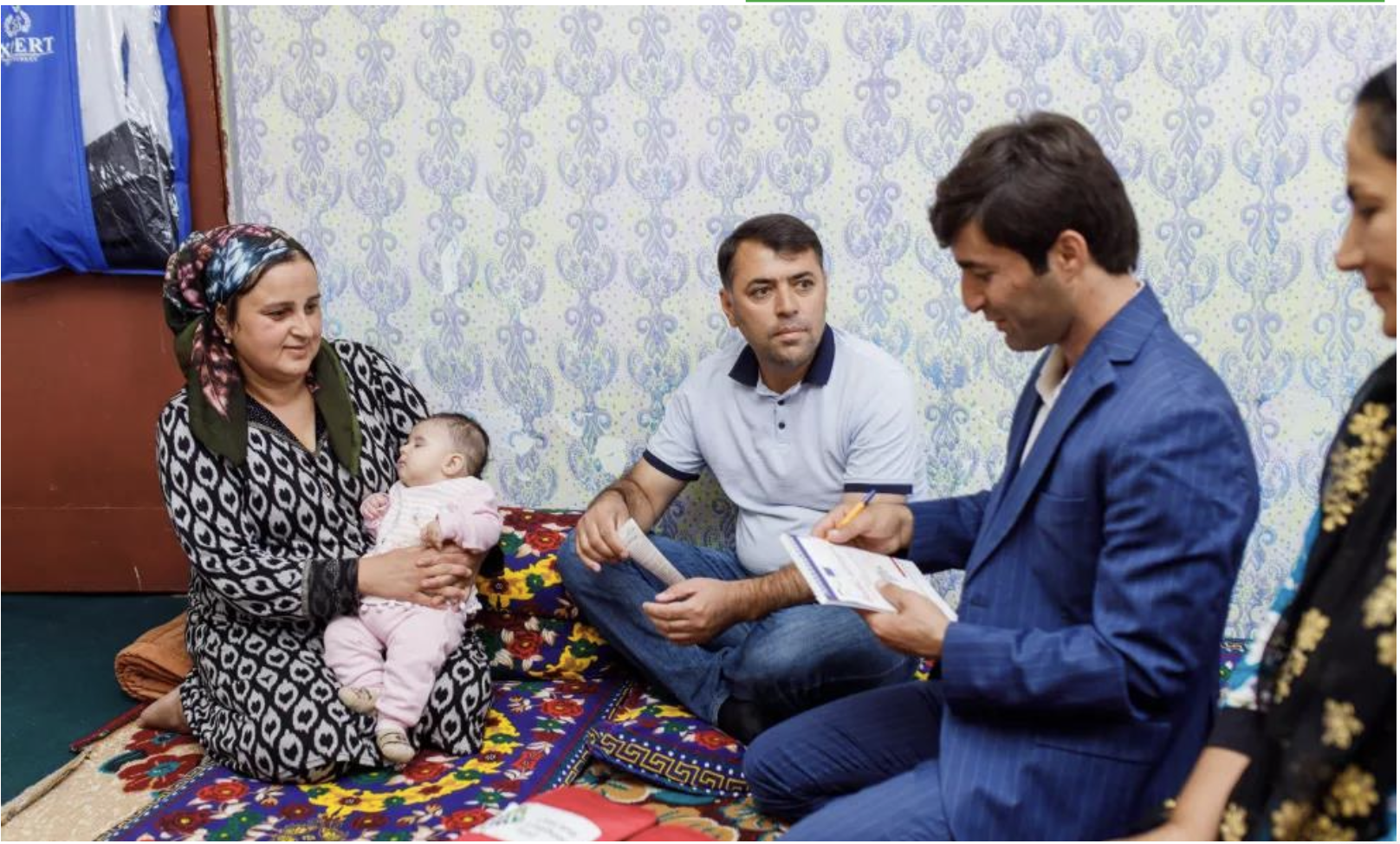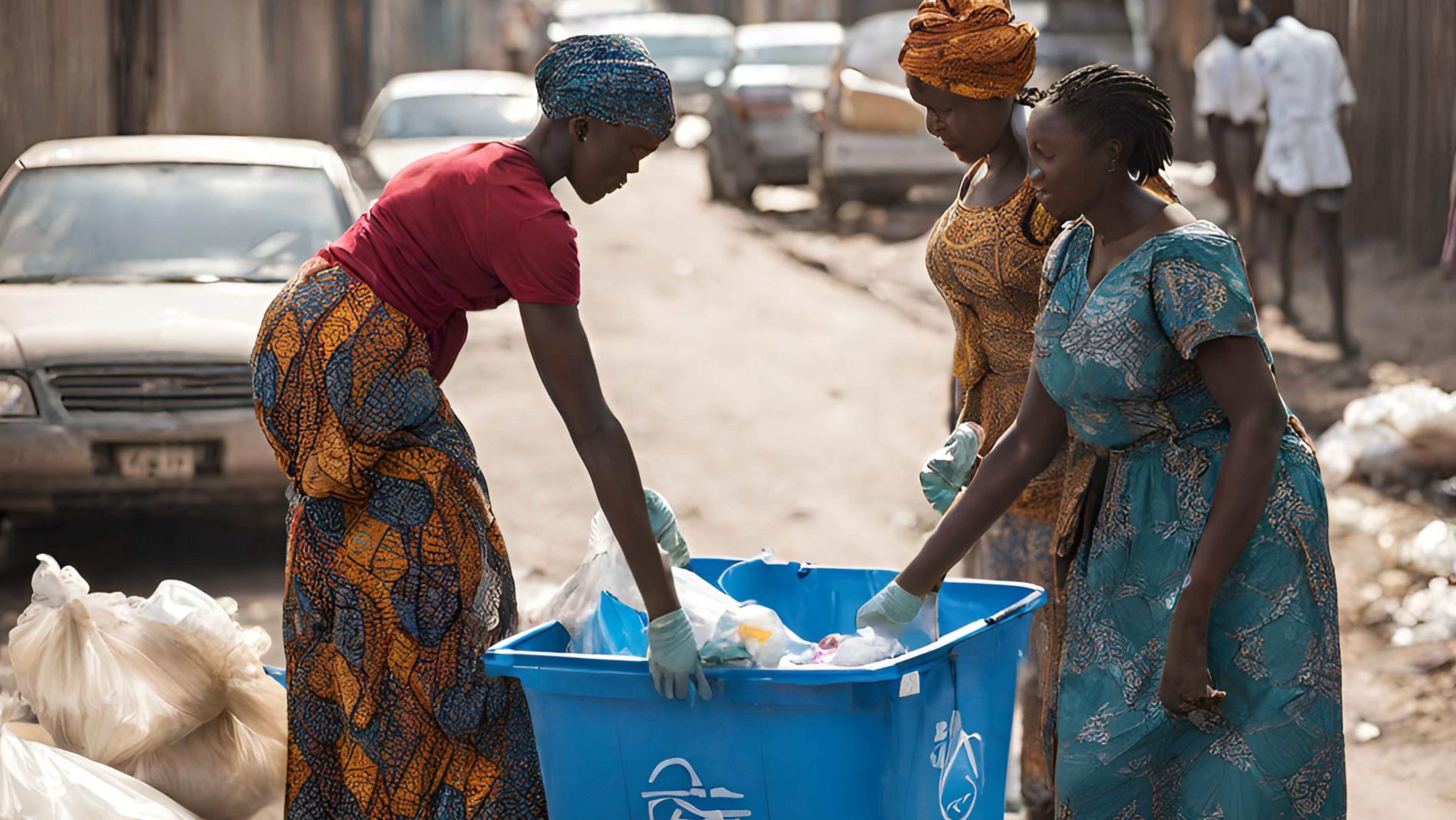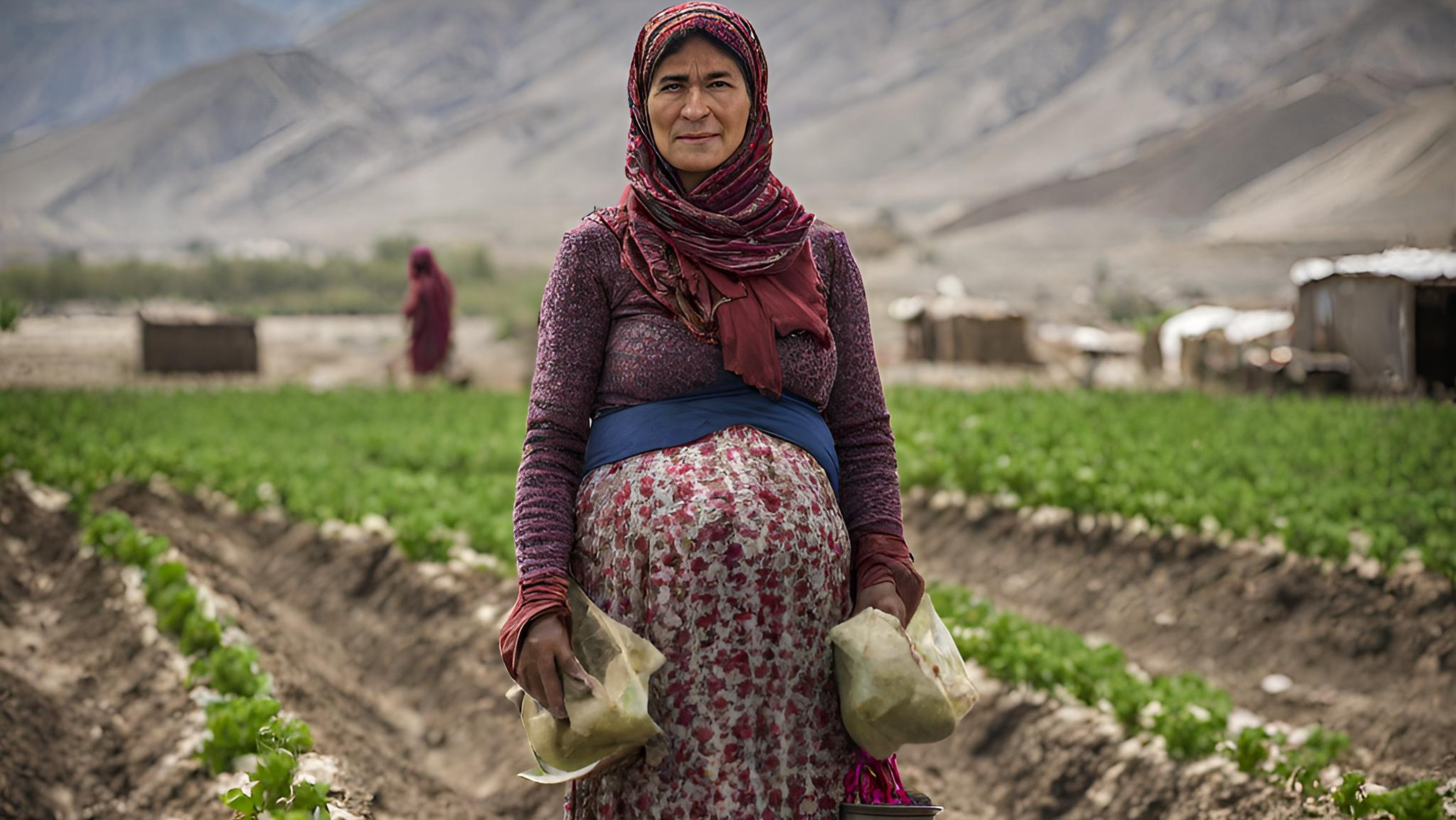Latest updates
Birds do it. Pests do it. Helping female rice farmers brace up for climate-induced migration of crop-feeding pests
The invasive crop-eaters are on the move along new migratory routes as temperatures spike and rainfall patterns shift due to climate change.
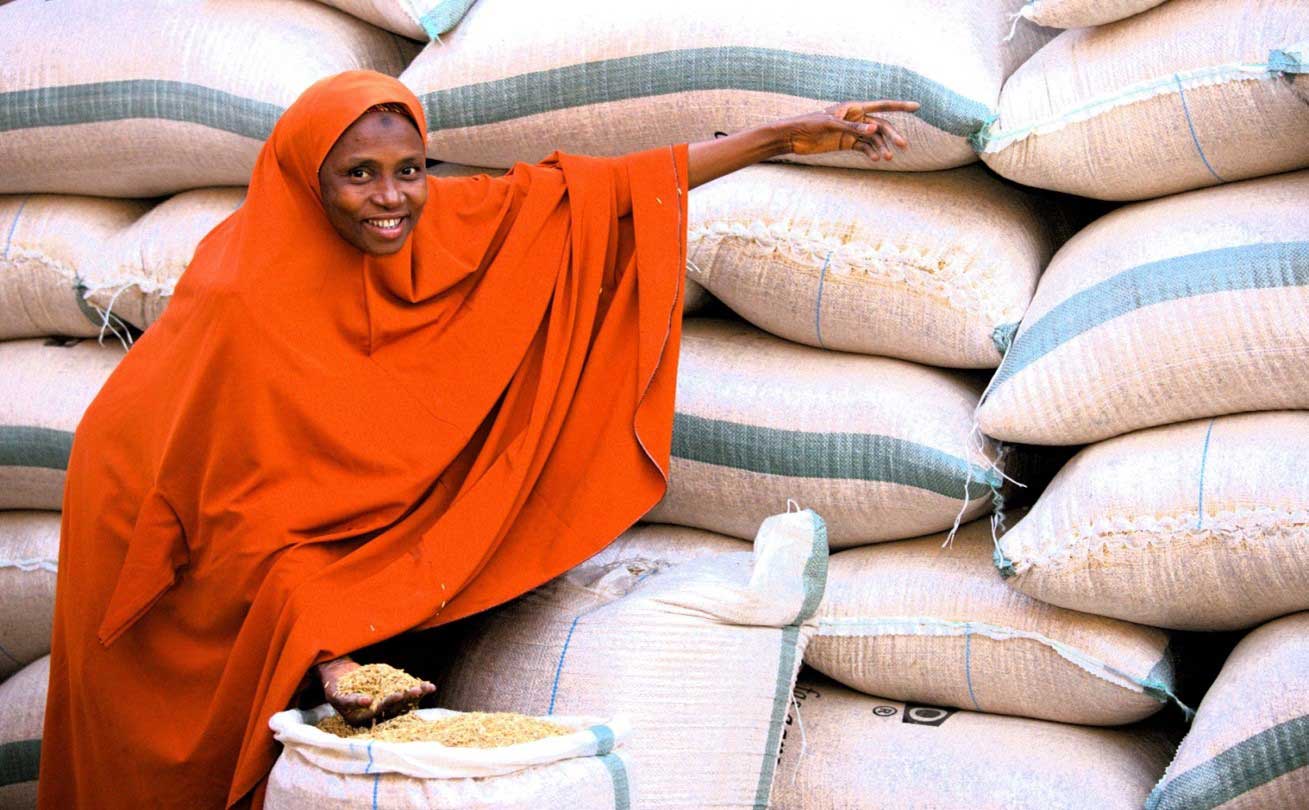
Feasting their way through hundreds of thousands of hectares of cropland, these pests find a new home in Nigeria’s paddies where they breed and give birth to new infestations, thus putting livelihoods at stake, exacerbating hunger, and fueling household poverty.
In Kano State, however, it got much easier in 2019 when the Lives and Livelihoods Fund and the Government of Nigeria brought a five-year, US$ 90 million crop value chain intervention, called Kano Agropastoral Development Project (KASDP) to 44 local government areas (LGAs).
Nevertheless, it has been a long journey for some farmers, especially women farmers, like Laraba Muhammad.
Laraba, 40, is a young female rice grower who has been working in the field when she was still an adolescent. Like other farmers in her village, Laraba has been watching the scale of destruction going several notches every year with relentless pest infestations.
She explains, “Pests have ravaged my rice fields and other crops, causing significant financial losses that have threatened my livelihood. I haven’t been selling enough produce to support the family, especially with the deteriorating economic condition in the country.”
Laraba tried everything to rid her fields of the infestations, including traditional pest control methods. “I relied heavily on chemical pesticides that eventually proved ineffective, leading to environmental contamination at worst with potential health hazards for both the farmers and consumers,” she adds.
For a more sustainable and practical solution to pest control, Laraba sought assistance from KASDP. She enrolled herself in a specialize training program on Integrated Pest Management (IPM).
“KASDP’s IPM program shed light on a holistic approach which combined various techniques to control pests while minimizing environmental impact and promoting long-term sustainability,” Laraba shared her experience.
Putting IPM training into practice, Laraba regularly monitored her crops for early pest detection. She used natural pest control methods and resorted to prescribed pesticides when needed, using only the least toxic and environment-friendly options such as Neem Extract.
After applying the new methods, Mejala has attested that pest infestation in Laraba’s fields has reduced drastically, leading to healthier and more productive crops.
Her harvest yields have doubled, providing much-needed financial stability to her family and community.
"My crops are now pest-free, and my yields have increased from 15 to 38 bags this harvest season. I do not have enough words to thank LLF and KASDP”, Laraba exclaims.
Laraba's success story has become a beacon of hope for farmers in Kura, demonstrating the effectiveness of IPM in combating pests, enhancing agricultural productivity, and promoting environmental sustainability.
As more farmers adopt IPM practices in KASDP targeted areas, the collective impact on crop health, environmental protection, and farmer livelihoods is becoming increasingly evident.
Related articles
Cookies
By browsing our website you accept our Terms and Conditions
